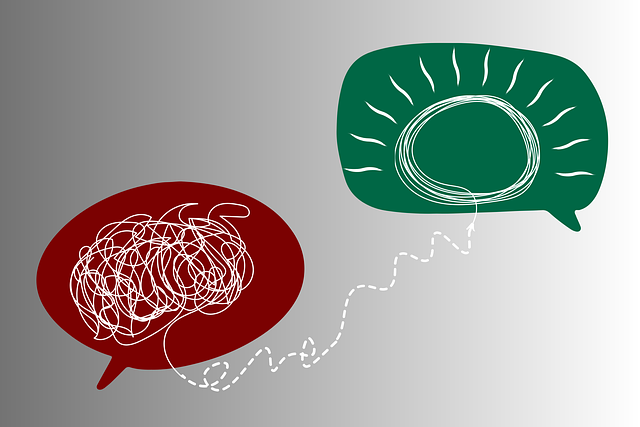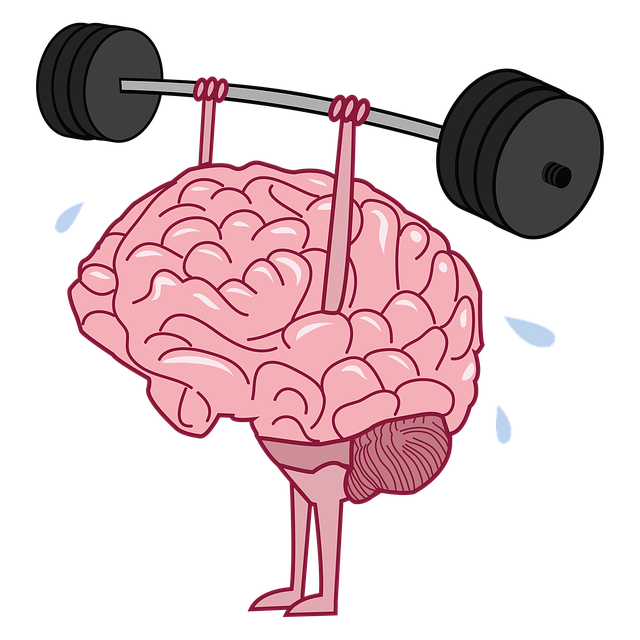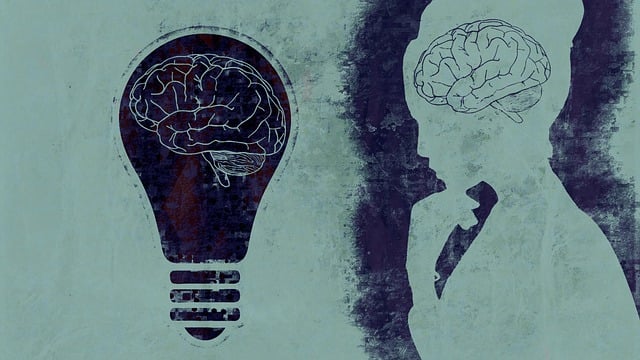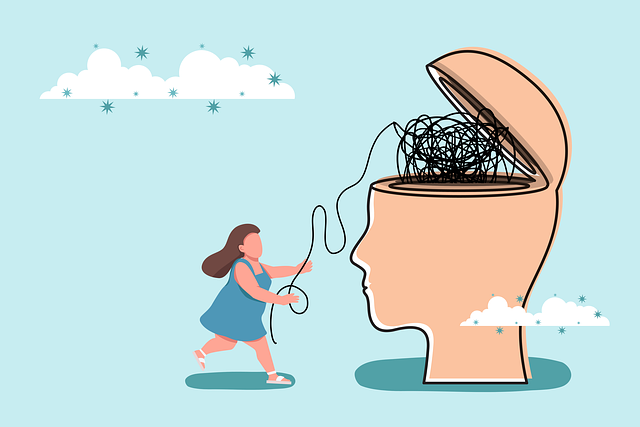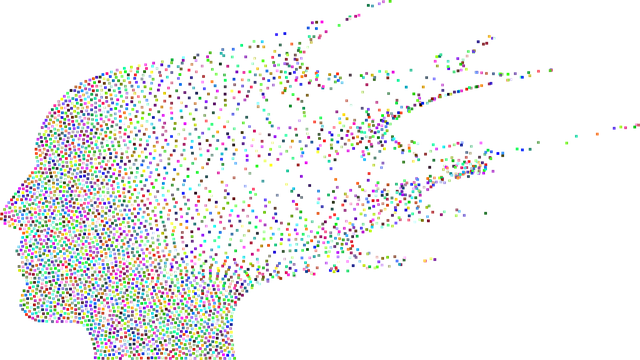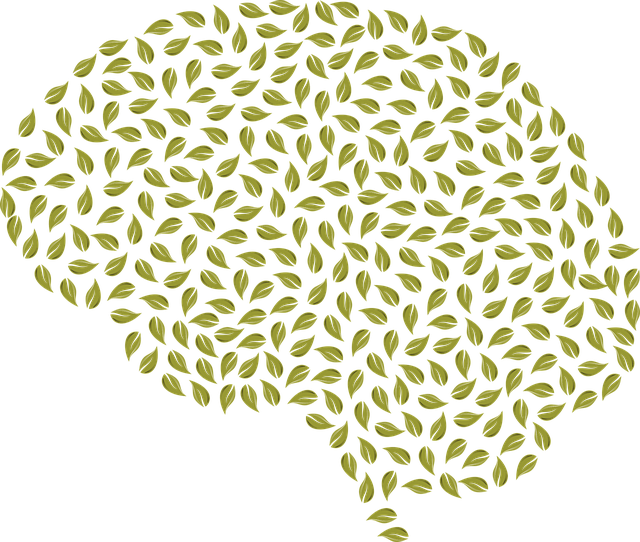Cultural competency in healthcare, particularly in linguistically diverse areas like Highlands Ranch, is crucial for providing equitable access to quality care. The text highlights the importance of understanding patient perspectives shaped by their unique cultural identities, beliefs, and experiences. Highlands Ranch German Speaking Therapy addresses this need by offering services in German, fostering trust and open dialogue through robust cross-cultural skills. Specialized knowledge enables tailored risk management and public awareness campaigns, promoting accessible, culturally responsive care. Interactive workshops, community outreach, and empathy-building sessions further enhance cultural competency training for healthcare providers, improving patient satisfaction, safety, outcomes, and provider well-being.
Healthcare provider cultural competency training is an evolving necessity, especially in diverse regions like Highlands Ranch. This article explores the critical need for cross-cultural communication skills among healthcare workers, drawing insights from unique perspectives such as the experiences at Highlands Ranch German Speaking Therapy. We discuss effective training strategies, highlighting their benefits and impact on patient care in a growing, multicultural society. Understanding and bridging cultural gaps is key to providing equitable healthcare services.
- Understanding Cultural Competency in Healthcare: A Need for Diverse Perspectives
- The Role of Language in Patient Care: Challenges and Opportunities at Highlands Ranch German Speaking Therapy
- Effective Training Strategies to Enhance Cross-Cultural Communication
- Benefits and Impact: Preparing Healthcare Providers for a Diverse Patient Population
Understanding Cultural Competency in Healthcare: A Need for Diverse Perspectives

Cultural competency in healthcare is no longer a nice-to-have but an essential requirement to ensure equitable access to quality care for all patients, regardless of their cultural background and linguistic preferences. In Highlands Ranch, German-speaking therapy services play a vital role in serving this diverse population, highlighting the need for cultural sensitivity and understanding within the healthcare system.
With a growing multicultural society, healthcare providers must recognize that each patient brings a unique perspective shaped by their cultural identity, beliefs, and experiences. This includes varying communication styles, preferences for decision-making, and expressions of pain or distress. For instance, German-speaking individuals might prefer more direct communication and value specific mental health awareness practices rooted in their culture. Enhancing cultural competency among healthcare professionals fosters a safe and inclusive environment, improves patient satisfaction, and promotes effective treatment outcomes, including better mood management and emotional intelligence.
The Role of Language in Patient Care: Challenges and Opportunities at Highlands Ranch German Speaking Therapy

At Highlands Ranch German Speaking Therapy, navigating the role of language in patient care is a nuanced challenge that presents both opportunities and hurdles. As a specialized therapy center catering to a linguistically diverse community, they recognize that effective communication forms the bedrock of successful treatment. The primary language spoken by many patients, German, requires therapists to possess robust cross-cultural skills. This includes not just fluency but also an understanding of cultural nuances, idiomatic expressions, and emotional regulation – all vital for building trust and ensuring accurate interpretation of symptoms and needs.
The center leverages its unique linguistic advantage to foster a sense of comfort and openness among patients. Bilingual therapists facilitate open dialogue, enabling individuals to express themselves authentically. This is particularly crucial in mental health care, where accurate assessment and nuanced interventions depend on detailed patient history and emotional regulation strategies. Moreover, Highlands Ranch German Speaking Therapy uses their specialized knowledge to develop tailored risk management planning for mental health professionals, addressing the specific needs of a diverse client base. Public awareness campaigns development also plays a role in promoting cultural competency among the broader community, reflecting the center’s commitment to accessible, culturally responsive care.
Effective Training Strategies to Enhance Cross-Cultural Communication

Effective training strategies are pivotal in enhancing cross-cultural communication within healthcare settings, especially in diverse communities like Highlands Ranch, where a German-speaking population coexists with various other ethnic groups. One powerful approach involves interactive workshops that simulate real-life scenarios. These workshops encourage participants to role-play as patients from different cultural backgrounds, fostering an understanding of communication barriers and promoting empathy. For instance, a scenario could depict a German-speaking patient expressing concerns about their health in a language barrier, allowing providers to practice active listening and use basic translation techniques.
Additionally, incorporating Burnout Prevention Strategies for Healthcare Providers into training can improve resilience and cultural sensitivity. Encouraging open discussions on the impact of cultural differences and workload stress helps professionals develop coping mechanisms. Community Outreach Program Implementation can also be tailored to raise awareness about specific cultural practices and beliefs, fostering a more inclusive environment. Empathy Building Strategies, such as storytelling sessions or diverse panel discussions, offer unique insights into personal experiences, strengthening the connection between healthcare providers and their patients from various cultural origins.
Benefits and Impact: Preparing Healthcare Providers for a Diverse Patient Population

Healthcare provider cultural competency training equips professionals to effectively serve a diverse patient population, fostering inclusive care that respects and values each individual’s unique background and experiences. In Highlands Ranch, German-speaking therapy services are a prime example of this principle in action. By integrating self-awareness exercises that delve into personal biases and preconceptions, healthcare providers gain the cultural sensitivity required to offer compassionate and culturally responsive mental healthcare. This training goes beyond surface-level understanding, encouraging emotional healing processes by creating safe spaces where patients feel seen, heard, and understood.
Cultural competency training impacts not just patient outcomes but also provider well-being. It promotes a deeper connection with the community, enhances communication, and improves overall quality of care. In a rapidly diversifying healthcare landscape, these skills are indispensable, ensuring that every patient receives the best possible treatment tailored to their specific cultural needs, regardless of language or background, much like how German-speaking therapy in Highlands Ranch caters to the unique requirements of this community.
Cultural competency training is no longer an option but an imperative for healthcare providers, especially in diverse communities like Highlands Ranch. As the patient population becomes increasingly varied, including those with unique linguistic needs like the German-speaking community served by Highlands Ranch German Speaking Therapy, competent care demands a nuanced approach. Effective training strategies highlighted in this article equip healthcare professionals to navigate cross-cultural communication barriers, improve patient outcomes, and foster inclusive environments. By embracing cultural competency, healthcare providers can ensure that everyone receives respectful, accessible, and quality care, ultimately benefiting both patients and the community at large.
